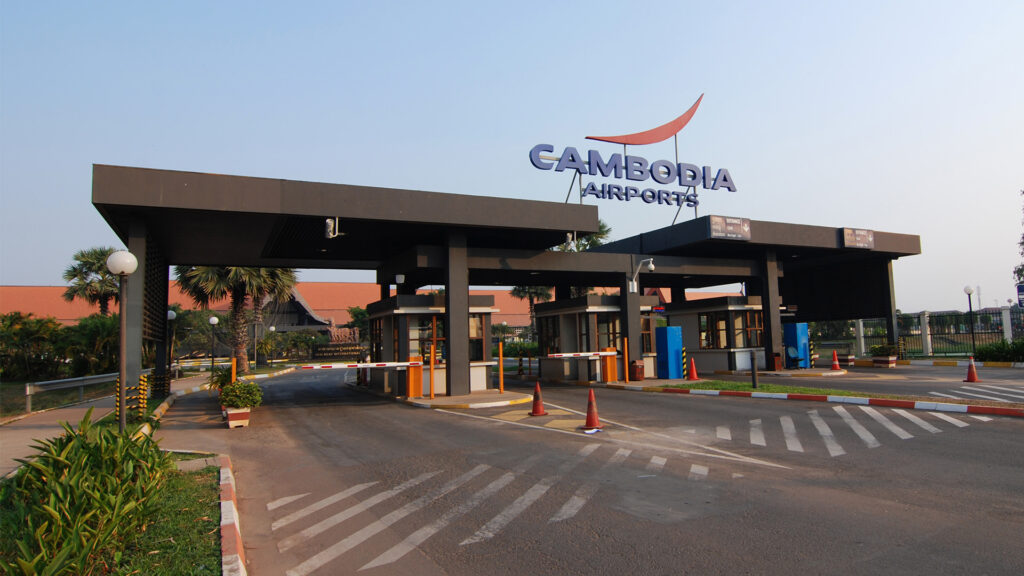
Aerospace
Pre-eminent specialist aviation lawyers offering global experience combined with regional insight and deep-rooted sector knowledge.

Commodities
Providing legal expertise and support for all hard and soft commodity related matters.

Construction
Specialist construction team working internationally on some of the largest and most technically complex projects across procurement, risk management and disputes.

Energy
True industry specialists working collaboratively across borders to provide creative solutions throughout the energy chain.

Insurance & Reinsurance
Specialist multi-jurisdictional lawyers providing first-class advisory and dispute resolution legal services to the insurance sector.

Shipping
Widely recognised as the world’s leading shipping and maritime law firm, serving clients in the industry for over 140 years.










